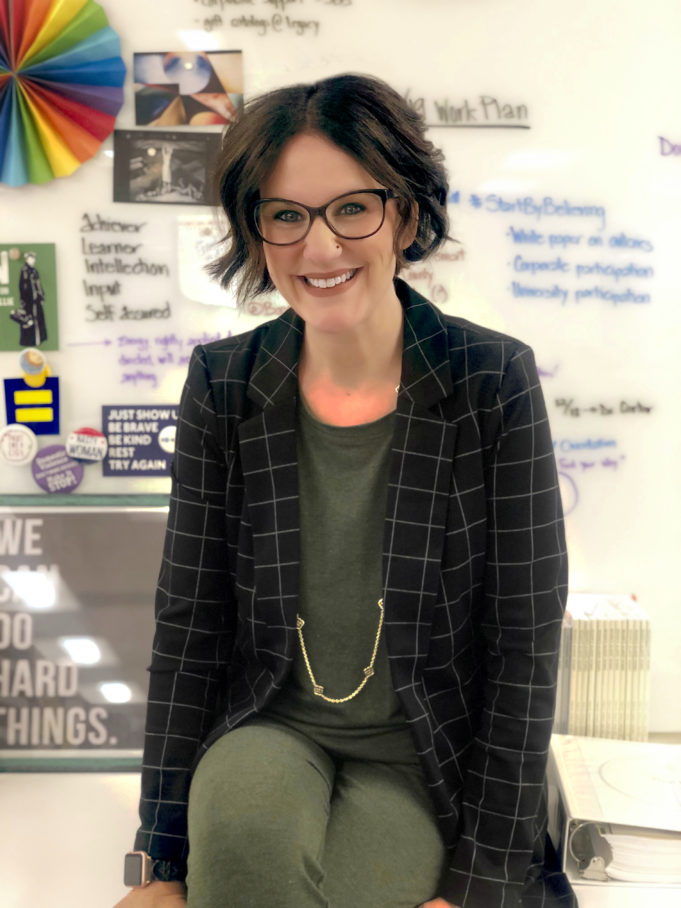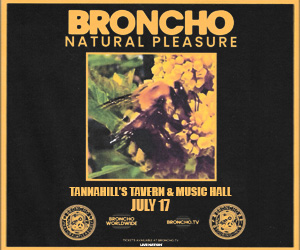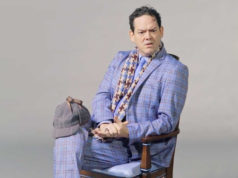The belt-tightening comes at a tough time for nonprofits, but there are ways to help.
Many Tarrant County nonprofits were already financially bootstrapped before they were forced to cancel events and fundraisers by city restrictions and concerns over the coronavirus. Fort Worth’s arts groups, charities, and nonprofits continue to find ways to fulfill their missions even as private funding becomes tighter and their ability to interact with the general public becomes restricted.
SafeHaven of Tarrant County
Through its two shelters and 24/7 hotline (877-701-7233), SafeHaven of Tarrant County, the only domestic violence service provider in the county, offers resources and shelter to women and children who are fleeing abusive relationships. Many of the women flee out of fear for their lives.
SafeHaven CEO Kathryn Jacob said the current crisis is unprecedented. Her shelters have reached maximum capacity, and calls to SafeHaven’s hotline are “off the hook,” she said.
“Victims are now isolated with abusers in their homes,” Jacob said. “It makes the opportunities for escape fewer.”
During any recession or economic downturn, she said, financial stresses can cause a spike in domestic abuse.
Unemployed and underemployed men are more likely to take out their grievances on spouses and children. Just as the number of women seeking help is skyrocketing, SafeHaven is seeing a precipitous drop in private giving. The charity’s largest annual fundraiser, now canceled, was scheduled for April.
Uncertainty over how long the coronavirus pandemic will last has only added to the list of concerns at SafeHaven. Jacob is worried how staff will be able to handle the increased workload if they have to take time off work to self-quarantine or to care for sick family members.
SafeHaven is stocked with supplies for the moment, Jacob said. What the charity needs are donations that can be made online at Safehaventc.org. Any man or woman who is facing domestic abuse is invited to call the above-listed hotline for help and advice. Knowing if and when to make the break from an abusive relationship is a personal choice, but trained staff members are available to listen and to help if needed, Jacob said.
The current crisis has placed millions of Americans in a state of anxiety and fear, Jacob said.
“Recognize that domestic violence victims feel that fear exponentially all the time,” she said. “A victim of domestic abuse is far more concerned about when her abuser is going to come home from work than she is about contracting COVID-19. It’s a fear they have lived with every day. In some cases, those situations can be a death sentence. If you feel compelled at all, please give.”
Amphibian Stage Productions
Kathleen Culebro remembers experiencing shock when her Near Southside performing arts theater closed its doors earlier this month. The artistic director has since been hard at work, helping her team find ways to engage with the community and support the actors, stage managers, and other workers who are now unemployed.
“We assured our staff that we would keep them safe, but many artists are now out of jobs,” Culebro said. These artists often “have a day job that is also a gig, like waiting tables or bartending, so they were doubly hit. We have 10,000 ideas on how to help them.”
Culebro said her nonprofit is speaking with local foundations and analyzing ways they can use their resources to employ local creative talent who have been pummeled by the recent economic downturn. Amphibian staffers are working to continue a program called de-cruit that helps traumatized veterans through a theater-based form of therapy.
Before the coronavirus outbreak, veterans who suffer from post-traumatic stress disorder were offered de-cruit workshops as part of Amphibian Stage Productions’ outreach efforts. Amphibian marketing director Clara Moore noted that isolation can be “particularly dangerous” for anyone who has been affected by trauma.
“Whether due to childhood abuse or neglect, trauma can come from so many different experiences in life,” Moore said. “We hope to unveil a de-cruit-for-all program that people can jump into soon.”
Many local Fort Worth musicians are taking to Facebook Live and other streaming services to reach the public. Amphibian Stage Productions hopes to do the same soon. Contract agreements with labor unions are one barrier, but Culebro said there is a national effort to loosen those restrictions so small- and mid-sized theaters can stream past performances.
Even with the economic and societal upheaval, Moore and Culebro have been touched to see supporters of the arts donate tickets instead of asking for refunds and even buying new memberships.
There will be a recovery period following the slowing of the current pandemic at some point in the future, and changes to Fort Worth’s cultural landscape are inevitable. Culebro said she hopes city officials and others who are in charge of providing financial aid will see the value that small- and mid-sized arts groups bring to the community.
In the coming weeks, Amphibian Stage Productions will begin launching new initiatives that will allow the performing arts group to continue supporting local artists while enriching the Near Southside and broader Fort Worth community.
“What is going to get all of us through this emotionally is to feel useful,” Culebro said. “Everybody is banding together and trying to be useful and supportive. That mentality of hoarding things is not what I’m seeing in my delightful bubble” of friends and supporters, she said.
Art Tooth and Artspace 111
If there’s a local artist that you follow, now is the time to commission a work or buy a piece from them. That’s the advice of Ariel Davis, gallery manager for the esteemed long-time gallery Artspace 111 and the board chairperson for the nonprofit Art Tooth. Davis is working on several large commissioned paintings and murals that will keep her busy through April, but she knows many local artists are not as fortunate.
“Last night, I was watching local musicians who were streaming live,” she said. “It was amazing. I know it doesn’t make up for their losses, but they do have an avenue to mitigate their losses and at least share what they are doing. With visual artists, it’s a struggle because” they typically aren’t in the business of performing.
Art Tooth, for which I also serve as a board member, had to cancel its pArty bus, immensely popular ticketed rides on Spring and Fall Gallery Nights which help Art Tooth offset the costs of exhibitions and educational programs throughout the year.
Like many arts organizations, there will be catching up to do once the current pandemic wanes, Davis added. Not everything has been a disaster, though. Her gallery sold several pieces in recent days, largely in response to social media postings.
Davis said struggling local artists should reach out to the Emergency Artist’s Support League online at EASL.us for potential financial help. The online publication Glasstire.com is another good resource for financial resources, she said.
Davis said the unprecedented isolation has left many of her friends spending more time painting, drawing, and creating artworks than they might otherwise if they were working two or three jobs.
“If they aren’t doing those other jobs, they are going to need the money, and they have time to do the work,” she said. “Seek out artists you love, and see what they are doing. Commission someone if you can or at least buy something small.” l












